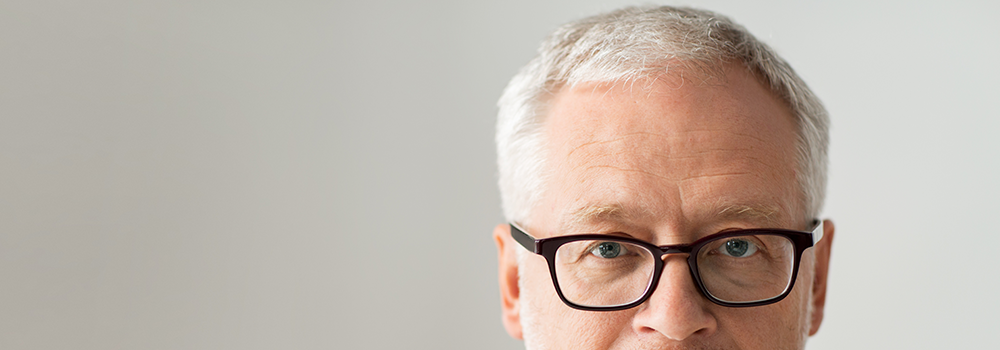According to the National Institute of Mental Health, more than five percent of American men will have an episode of major depression in a given year. Although men don’t experience depression at quite the same rate as women, millions of men each year suffer the symptoms of depression. These symptoms include depressed mood, loss of interest in activities, disturbed sleep, poor concentration, irritability, fatigue, slow movements, aches, and thoughts of suicide or death.
Experts believe that depression in men is generally underreported for a number of reasons. Typically, men are more reluctant to seek help for a mental health issue due to the belief that it’s a sign of weakness or that they can handle it themselves. Part of the problem may also be that men are less aware of the symptoms of depression, as they tend to present differently in men than in women. Here are the major differences in symptomology between men and women.
More Anger, Less Sadness
Perhaps the biggest difference in depression symptoms between men and women is that a “depressed mood” looks more like sadness in women, while in men, it tends to look more like irritability, anger, or aggression. Though commonly feeling irritable and angry while depressed, these emotions are more socially discouraged in women. Conversely, men are typically conditioned to mask feelings of sadness with anger and aggression. The problem is that anger is a misleading symptom. Depression is probably not the first diagnosis that comes to mind for someone who reports constant feels of anger. However, if other symptoms are present, and they last two or more weeks, it may be worth discussing with your doctor.
More Self-Medicating and Risk-Taking
Another symptom of depression more common in men is excessive risk-taking. This may take many forms, including fast or reckless driving, having unprotected sex, or excessive substance use. Men are also more prone to self-medicating their symptoms with drugs and alcohol. Often, men are not even aware that they are self-medicating. Drugs and alcohol just make them feel better for a while.
Greater Risk of Suicide
While women have a slightly higher risk of depression, men have a much higher risk of dying by suicide as a result of depression. According to the American Foundation for Suicide Prevention, men die by suicide about three and a half times more than women. Men account for nearly 70 percent of all suicide deaths in the US. This is in spite of more suicide attempts by women. Higher death rates among men are typically attributed to greater impulsivity, especially among depressed men, as well as a tendency to use more fatal means.
Need Support?
If you or someone close to you is having suicidal thoughts, contact the National Suicide Prevention Lifeline at 800-273-8255 right away. For those struggling with depression and substance use, it’s crucial to treat both conditions simultaneously. Too often, people with substance use issues will get sober without treating the underlying cause, making recovery from addiction much more difficult. At Tree House Recovery of Portland, Oregon, we know it’s important to treat the whole person. We help men create better lives, free from addiction. Call us today to learn more at (503) 850-2474




